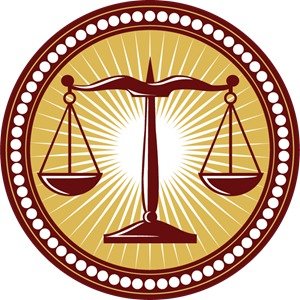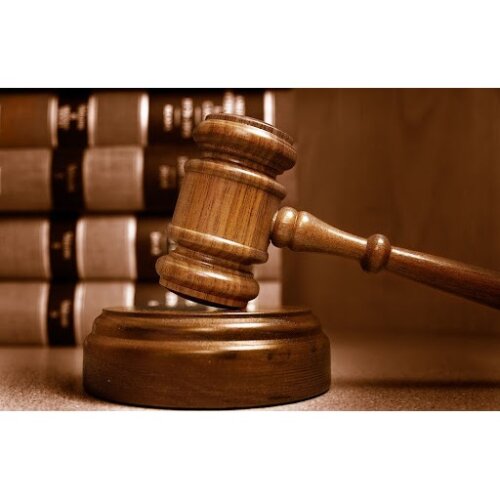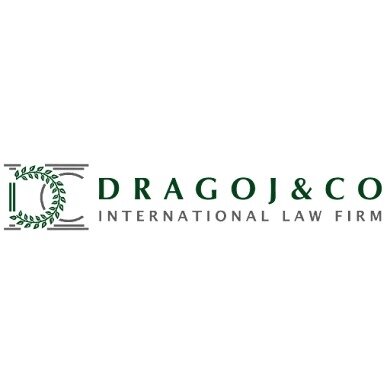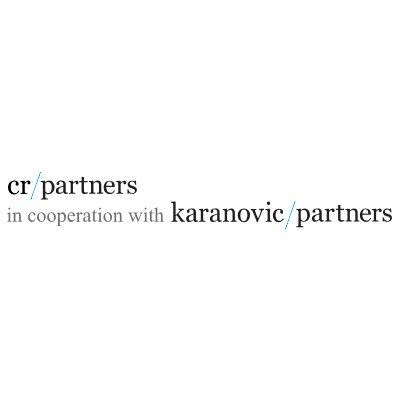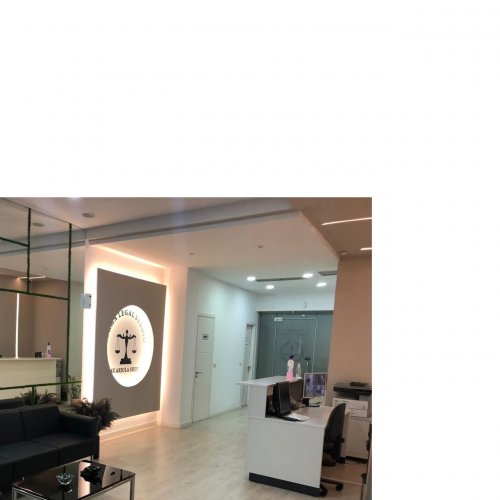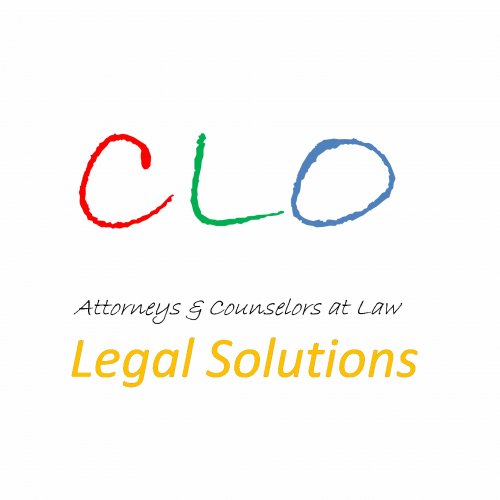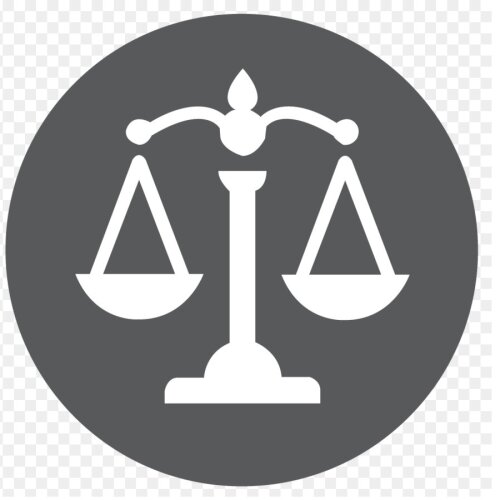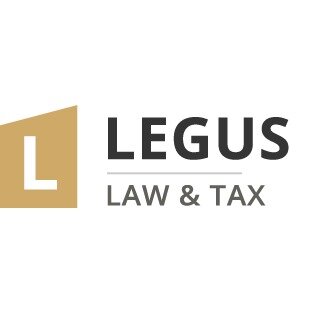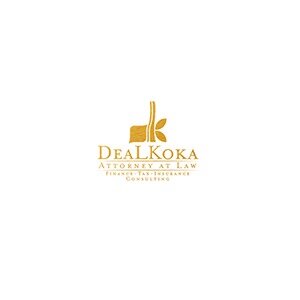Best Creditor Lawyers in Albania
Share your needs with us, get contacted by law firms.
Free. Takes 2 min.
Or refine your search by selecting a city:
List of the best lawyers in Albania
About Creditor Law in Albania
Creditor law in Albania governs the rights and obligations of creditors, the entities or individuals to whom money is owed, and the corresponding debtors. This legal area is crucial in ensuring the protection of creditors' rights while balancing them against the rights of debtors. Key elements include the enforcement of contracts, mechanisms for debt recovery, insolvency proceedings, and harmonious business environments. Laws are constantly being updated to conform to European standards and improve the economic climate.
Why You May Need a Lawyer
Individuals or businesses may require legal assistance in creditor matters for various reasons, including:
- Ensuring contract terms are adhered to and legally enforceable.
- Navigating complex debt recovery processes.
- Representing interests in insolvency cases.
- Defending against unfair debtor practices or wrongful enforcement actions.
- Understanding rights and obligations under domestic and international credit arrangements.
- Coordination during settlements or negotiations with debtors or other creditors.
Local Laws Overview
The legal framework for creditor rights in Albania includes several key aspects, such as:
- Contractual Obligations: Governed by the Civil Code, which outlines the rights and responsibilities of parties in a contract.
- Debt Recovery: Governed by the Enforcement Code, providing methods for creditors to collect debts lawfully.
- Bankruptcy and Insolvency: Covered under the Bankruptcy Law, detailing procedures for insolvent debtors and protection mechanisms for creditors.
- Securities and Collaterals: Legal provisions for securing debt claims through mortgages and pledges.
- Judicial Procedures: The Civil Procedure Code dictates the processes for resolving disputes and the execution of judicial decisions.
Frequently Asked Questions
What is a creditor?
A creditor is an individual or institution to whom money is owed by another party, known as the debtor.
What types of creditors exist?
Creditors can be classified as secured, unsecured, voluntary, or involuntary creditors, depending on the nature and source of the debt.
How can a creditor obtain payment from a debtor?
Creditors can obtain payment through negotiation, debt collection agencies, or legal action, following procedures outlined in Albanian law.
What happens if a debtor cannot pay?
If a debtor cannot pay, insolvency or bankruptcy proceedings may commence, which could involve asset liquidation under the Bankruptcy Law.
Can a creditor seize assets from a debtor in Albania?
Yes, creditors can seize assets through legal processes provided they have obtained court orders or follow procedures in the Enforcement Code.
What legal remedies are available for creditors?
Creditors in Albania can pursue civil litigation, arbitration, and use enforcement mechanisms to secure debt recovery.
Are there time limits for claiming debts?
Yes, there are statutes of limitations for different types of claims, typically spanning from two to ten years, depending on the nature of the debt.
How is insolvency declared in Albania?
Insolvency can be declared by a court upon a debtor’s application or by a creditor proving that the debtor cannot meet financial obligations.
Can legal representation improve debt recovery chances?
Yes, legal representation can greatly enhance the chances of recovering a debt by ensuring adherence to applicable laws and strategic navigation through complex processes.
How can creditors protect their interests from the outset?
Creditors can protect their interests by drafting robust contracts, securing debts through collateral, and maintaining accurate documentation.
Additional Resources
For further information and assistance, individuals can consult the following resources:
- Albanian Ministry of Justice for updates on law regulations
- National Chamber of Advocates for legal professional assistance
- Banking associations for advice regarding secured transactions
- Government enforcement agencies to understand execution processes
Next Steps
If you need legal assistance in creditor-related matters, consider the following steps:
- Identify specific legal issues and gather relevant documentation.
- Consult with a qualified lawyer specializing in creditor law for tailored advice.
- Determine if alternative dispute resolution could be an effective measure.
- If litigation is necessary, ensure you understand the procedural requirements.
- Always keep abreast of any changes to relevant Albanian laws or regulations affecting creditors.
Lawzana helps you find the best lawyers and law firms in Albania through a curated and pre-screened list of qualified legal professionals. Our platform offers rankings and detailed profiles of attorneys and law firms, allowing you to compare based on practice areas, including Creditor, experience, and client feedback.
Each profile includes a description of the firm's areas of practice, client reviews, team members and partners, year of establishment, spoken languages, office locations, contact information, social media presence, and any published articles or resources. Most firms on our platform speak English and are experienced in both local and international legal matters.
Get a quote from top-rated law firms in Albania — quickly, securely, and without unnecessary hassle.
Disclaimer:
The information provided on this page is for general informational purposes only and does not constitute legal advice. While we strive to ensure the accuracy and relevance of the content, legal information may change over time, and interpretations of the law can vary. You should always consult with a qualified legal professional for advice specific to your situation.
We disclaim all liability for actions taken or not taken based on the content of this page. If you believe any information is incorrect or outdated, please contact us, and we will review and update it where appropriate.
Browse creditor law firms by city in Albania
Refine your search by selecting a city.




